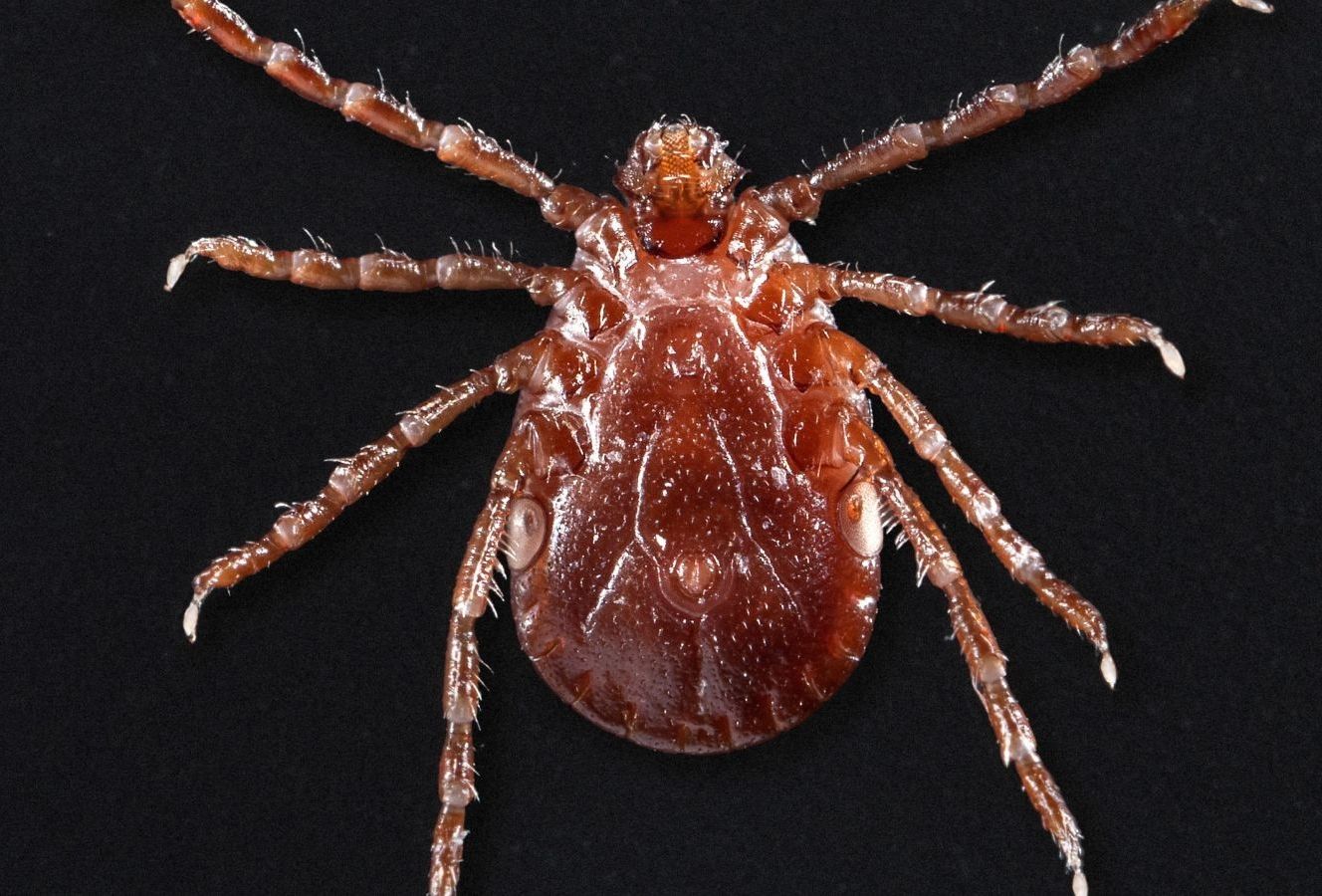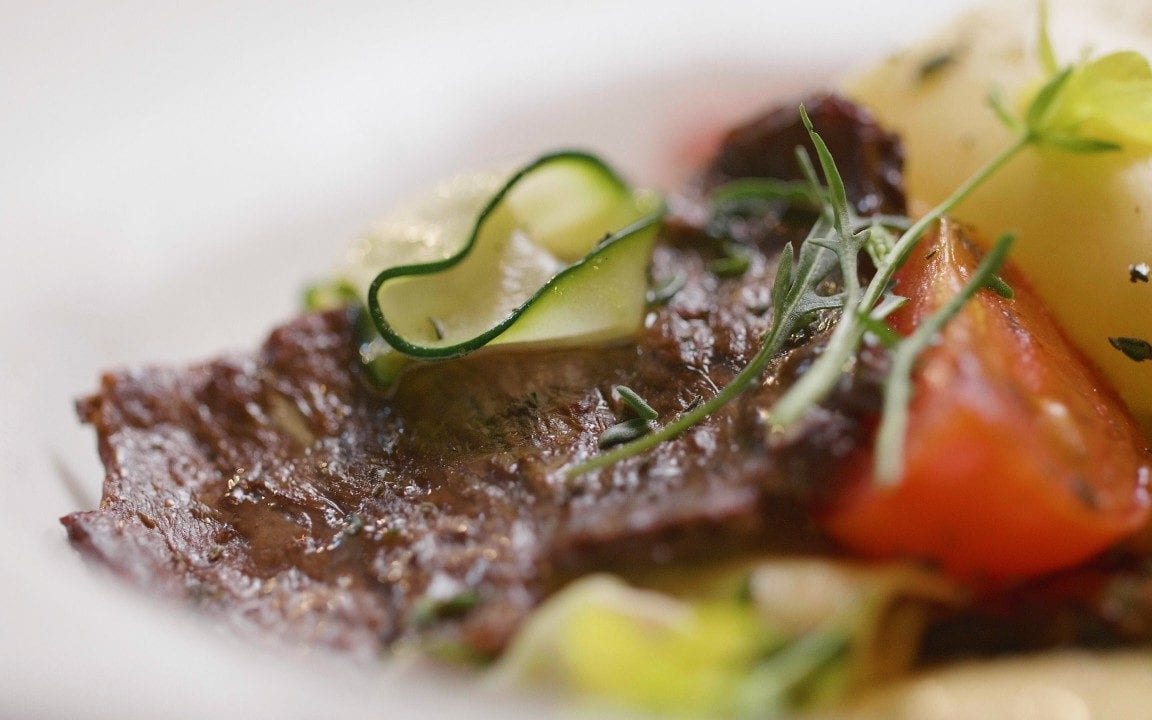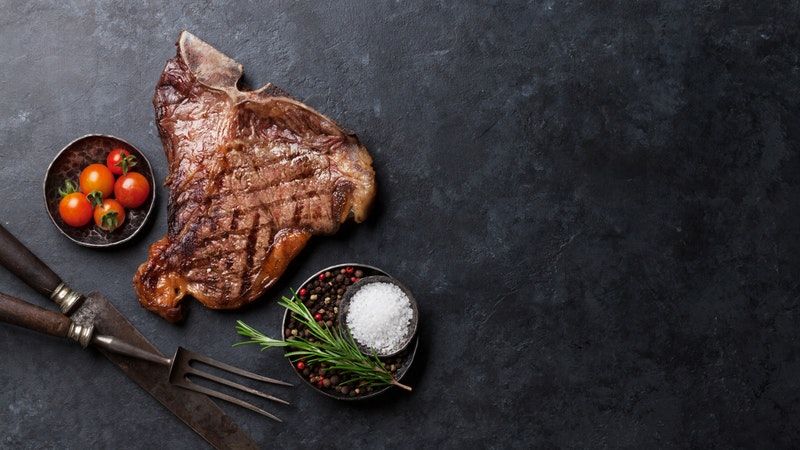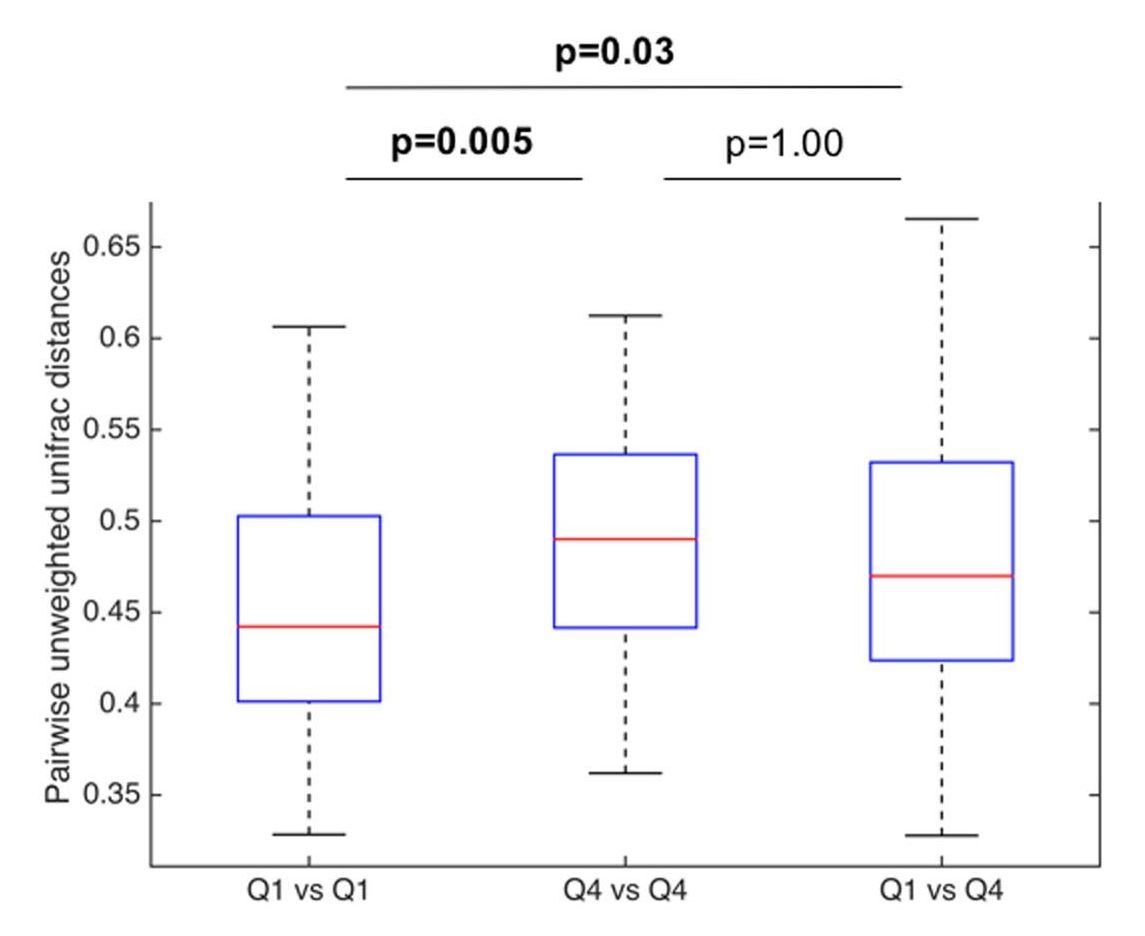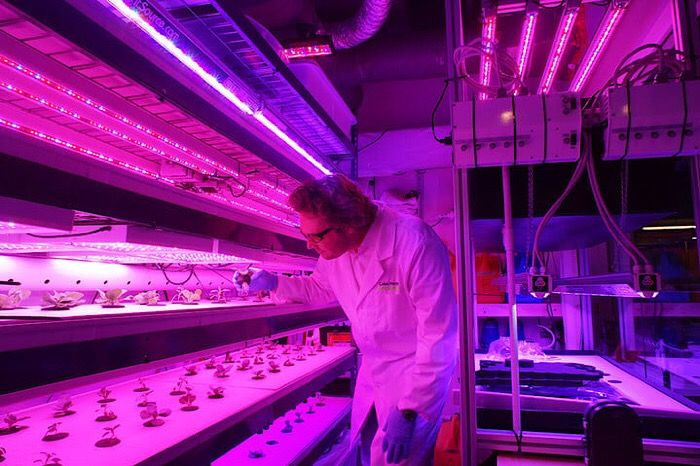Dec 13, 2018
The New Bad Tick Is Going to Take Over Half the United States, Study Finds
Posted by Genevieve Klien in categories: biotech/medical, food, health, sustainability
A disease-carrying, newly invasive tick to the United States, the Asian longhorned tick, is poised to spread across much of North America, suggests a new study published Thursday in the Journal of Medical Entomology. According to the study, the tick might be able to live anywhere from Southeastern Canada to most of the eastern half of the U.S. and even parts of the West Coast.
The Asian longhorned tick, or Haemaphysalis longicornis, made an unwelcome splash last year, when researchers and health officials discovered it on a pet sheep in New Jersey. Any hopes that the discovery was an isolated incident faded away this year, with sightings of the tick popping up again in New Jersey and eight other states this past spring and summer (Arkansas, Connecticut, Maryland, New York, North Carolina, Pennsylvania, Virginia, and West Virginia). Since 2017, the tick has been found on pets, farm animals, and at least two people in the U.S., and it’s possible that it might have made its way here at least as early as 2010.
